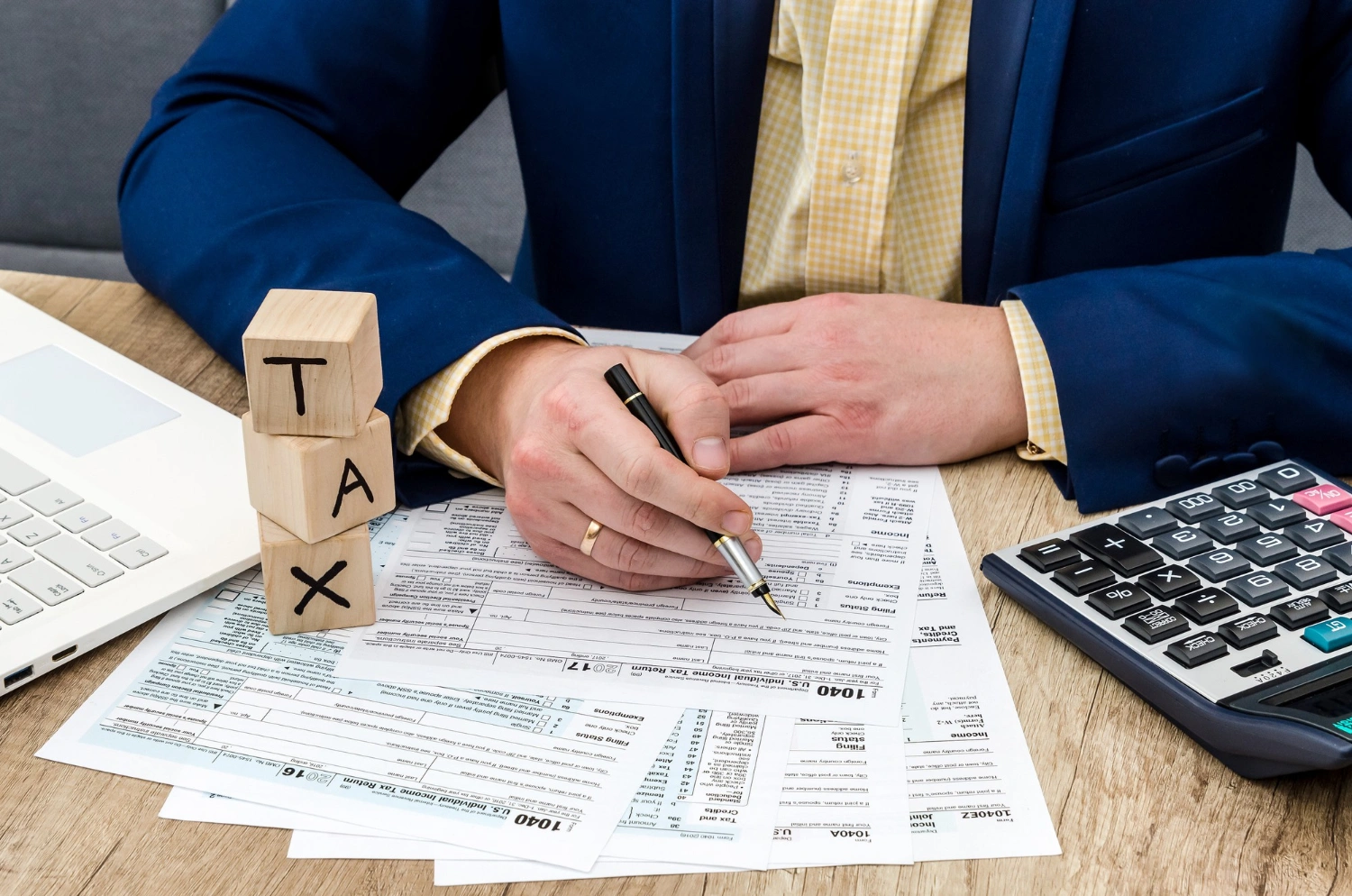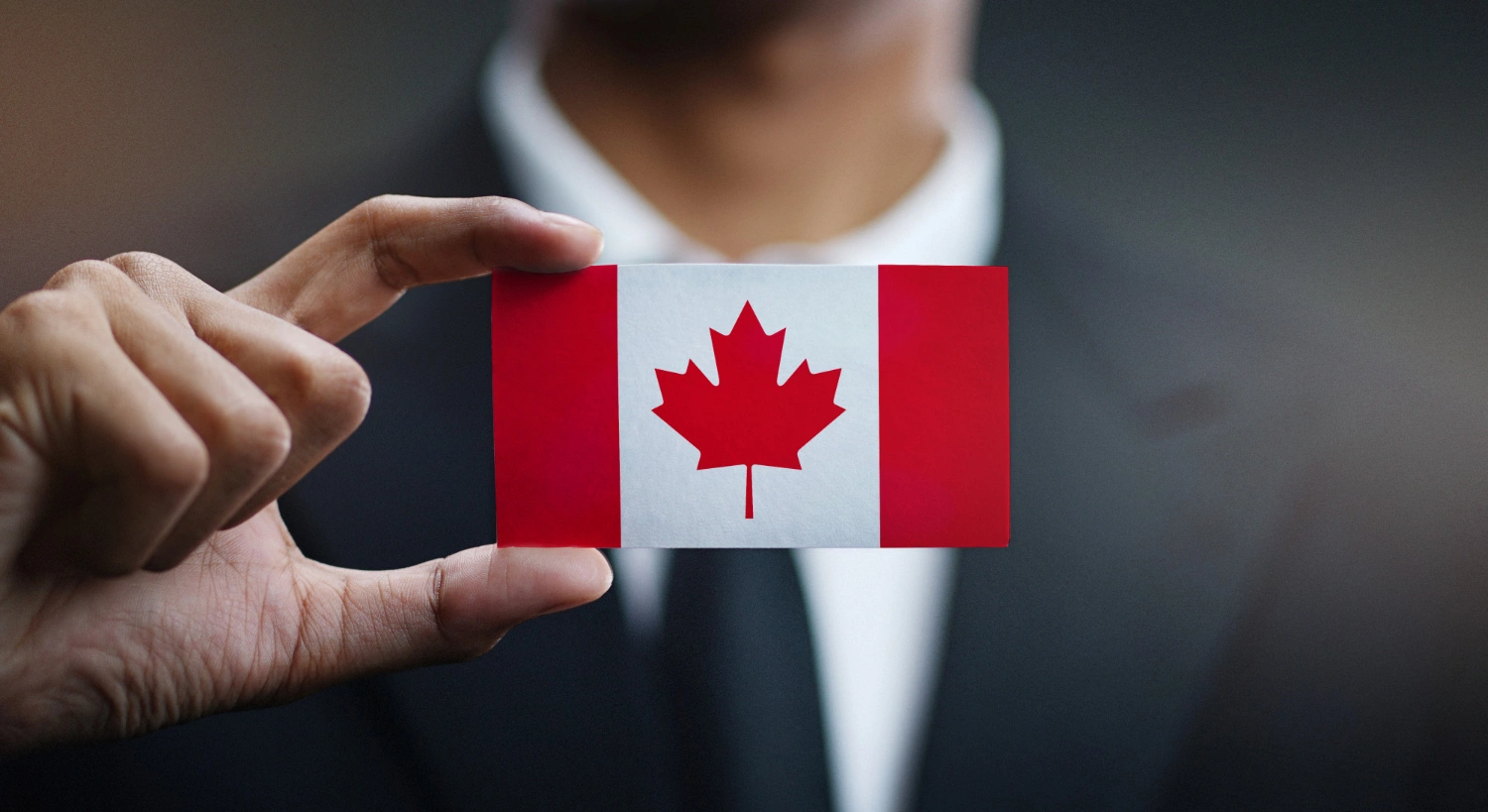
Entering Canada involves more than just showing your passport. The Canada Border Services Agency (CBSA) has strict regulations on what you can bring into the country, and failing to declare certain items can lead to fines, confiscation, or even denial of entry. This guide will walk you through everything you need to declare, restricted and prohibited items, and how duties and taxes may apply to your belongings.
Items That Must Be Declared at the Canadian Border
When you arrive at a Canadian port of entry, you are required to declare specific items to border officials. These include:
1. Alcohol and Tobacco
Canada has specific regulations regarding the import of alcohol and tobacco. The amount you can bring duty-free depends on the province and the length of your stay outside Canada.
Alcohol Limits:
- Up to 1.5 liters of wine (two 750 ml bottles)
- Up to 1.14 liters of spirits (one large bottle)
- Up to 8.5 liters of beer (24 cans or bottles of 355 ml each)
Tobacco Limits:
- 200 cigarettes
- 50 cigars
- 200 grams of loose tobacco
- 200 tobacco sticks
Any amount exceeding these limits is subject to duties and taxes.
2. Firearms and Weapons
Firearms must be declared at the border, and their classification determines if they are allowed into the country. Canada categorizes firearms into:
- Non-restricted (e.g., most hunting rifles)
- Restricted (e.g., some handguns)
- Prohibited (e.g., automatic weapons)
Visitors bringing firearms must complete a Non-Resident Firearms Declaration (RCMP 5589) and pay a $25 CAD fee. Some firearms require additional permits.
3. Food, Plants, and Animal Products
To prevent diseases and invasive species, Canada regulates the import of food, plants, and animal products. You must declare items such as:
- Fresh, dried, or canned food
- Meat, dairy, and eggs
- Fruits, vegetables, and seeds
- Live animals and animal byproducts (e.g., skins, trophies)
Failure to declare these items can lead to fines up to $1,300 CAD or confiscation.
4. Currency and Financial Instruments
If you are carrying more than $10,000 CAD (or its equivalent in foreign currency), you must declare it to CBSA. This includes:
- Cash
- Stocks and bonds
- Bank drafts and money orders
Failure to declare currency over this limit may result in seizure and penalties.
5. Gifts
While gifts can be brought into Canada, they must be declared. Gifts valued under $60 CAD are duty- and tax-free, but items exceeding this value may incur fees. Alcohol and tobacco cannot be declared as gifts.
6. Animals and Pets
If you are traveling with pets, you must declare them. Commonly declared animals include:
- Dogs and cats
- Birds (parrots, finches, etc.)
- Reptiles (lizards, turtles, snakes)
- Small mammals (rabbits, ferrets, guinea pigs)
Some animals require import permits, veterinary health certificates, and compliance with the Convention on International Trade in Endangered Species (CITES).
Items That Are Prohibited or Restricted
Certain items are outright banned or strictly controlled when entering Canada:
1. Cannabis and Cannabis Products
Although cannabis is legal in Canada, it is illegal to bring it into the country, even if it was legally obtained elsewhere. This includes:
- Dried cannabis
- Edibles
- CBD oil
Only Health Canada-approved prescription cannabis can be transported with proper documentation.
2. Illegal Drugs
Narcotics and other controlled substances are strictly prohibited. Bringing drugs across the border can result in severe legal consequences, including imprisonment.
3. Prohibited Firearms and Weapons
Certain weapons cannot be imported into Canada, including:
- Automatic firearms
- Switchblades and butterfly knives
- Brass knuckles
- Tasers and stun guns
4. Endangered Species and Wildlife Products
Under CITES regulations, Canada prohibits the import of endangered species or their parts, including:
- Ivory and rhino horns
- Exotic animal skins and furs
- Certain tropical plants and woods
5. Unknown Packages
Do not carry packages for others unless you are sure of the contents. If the package contains illegal substances, you will be held responsible.
Duty and Taxes on Imported Goods
Bringing items into Canada may be subject to import duties and taxes. The amount varies based on:
- Value of the items
- Country of origin
- Whether the items qualify for exemptions
Personal Exemptions Based on Time Spent Abroad
| Time Outside Canada | Personal Exemption | Conditions |
| 24–48 hours | Up to $200 CAD | Alcohol and tobacco not included |
| 48+ hours | Up to $800 CAD | All items must be with you upon entry |
| 7+ days | Up to $800 CAD | Some items can be shipped separately |
Additional Duties and Taxes
Items exceeding the exemption limits may be subject to:
- GST/HST (federal sales tax)
- Provincial sales tax
- Duties on foreign-made goods
Certain items, such as alcohol and tobacco, are subject to provincial and territorial levies beyond standard duties and taxes.
Consequences of Failing to Declare Items
If you fail to declare required items, you may face:
- Confiscation of goods
- Fines and penalties
- Denial of entry or deportation
- Permanent bans from entering Canada
Final Thoughts
Understanding and following Canada’s declaration requirements is essential for a smooth entry into the country. Always be honest with CBSA officers and ensure you comply with all rules regarding duty-free limits, prohibited items, and declaration procedures.
By preparing in advance and knowing what to declare, you can avoid unnecessary delays and penalties while ensuring a hassle-free arrival in Canada.






